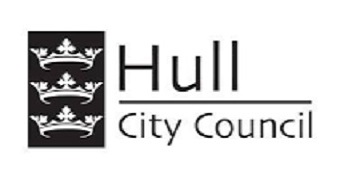Ministers urged to use local strategies to aid net-zero plans
 Two leading think tanks have called on the government to fast-track more local industrial strategies in order to help regions move to a zero-carbon economy.
Two leading think tanks have called on the government to fast-track more local industrial strategies in order to help regions move to a zero-carbon economy.
In a report published today (23 October), Localis and Green Alliance have warned areas with the greatest need of economic revival are at risk of missing out because of the slow rollout of local industrial strategies.
Local industrial strategies were first put forward by the government in November 2017.
At the time, the government said it pledged to prioritise areas with the ‘potential to drive wider regional growth’.
Since then, seven local industrial strategies have been published – West Midlands, Greater Manchester, West of England, Cambridgeshire, Oxfordshire, Buckinghamshire, and South East Midlands.
Today’s report calls on the government to reaffirm its commitment to local industrial strategies with clean, climate-resilient growth at their core.
For example, it recommends giving local and combined authorities more powers to mandate greener building projects, contrary to the government’s renewed threat to ban them from doing so.
It also argues that councils should also be able to use council tax and business rates to meet clean growth objectives.
The joint report also proposes that a proportion of the forthcoming UK Shared Prosperity Fund is ring-fenced for projects that enable clean growth by, for instance, supporting the grid infrastructure needed to expand renewable energy or improving public transport.
‘The impact of the climate challenges facing us are acutely felt at the local level,’ said Green Alliance’s head of policy, Roz Bulleid.
‘Some areas could lose jobs in high carbon industries while others are benefiting from new opportunities such as offshore wind. Local policy makers should be building clean growth into the heart of their economic strategies to attract the industries of the future and ensure local resilience in a world increasingly affected by climate change,’ added Ms Bullied.
The head of research at Localis, Joe Fyans, added: ‘The clean growth challenge is to make the best use of local resources and powers to drive change across the country and at a much more rapid rate than previously.’
The full report – The Route to Clean Growth – is available to read here.
Photo Credit – Free-Photos (Pixabay)















